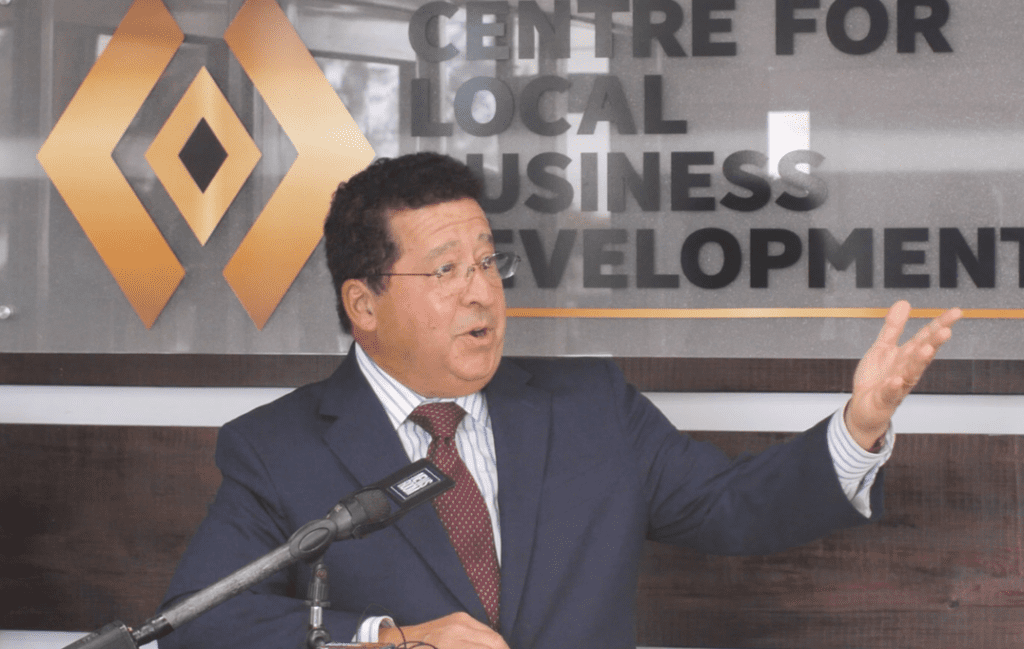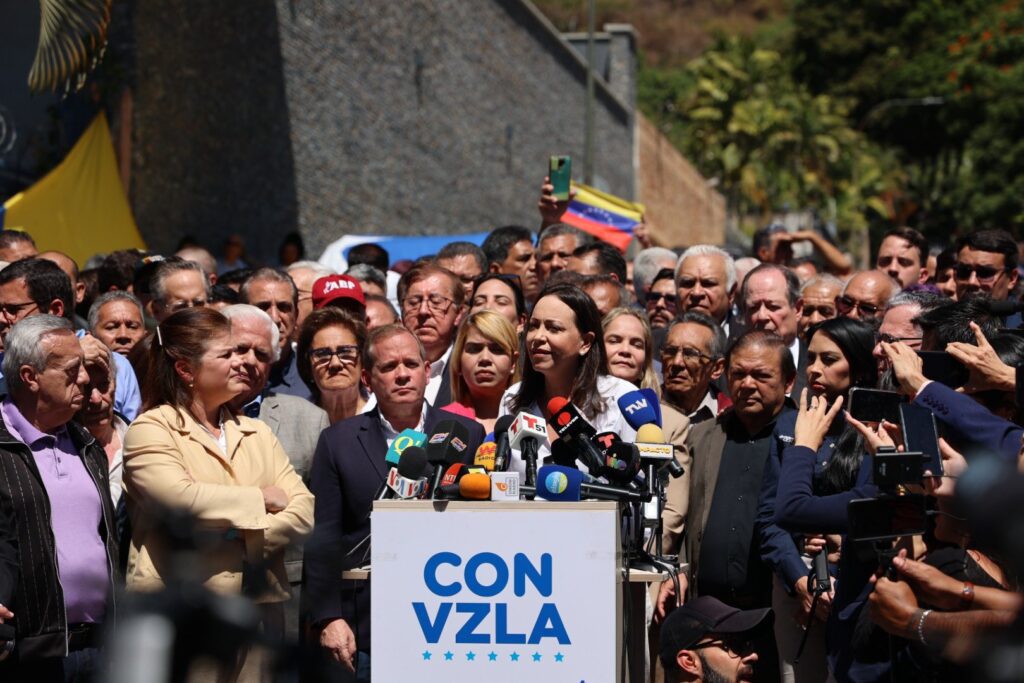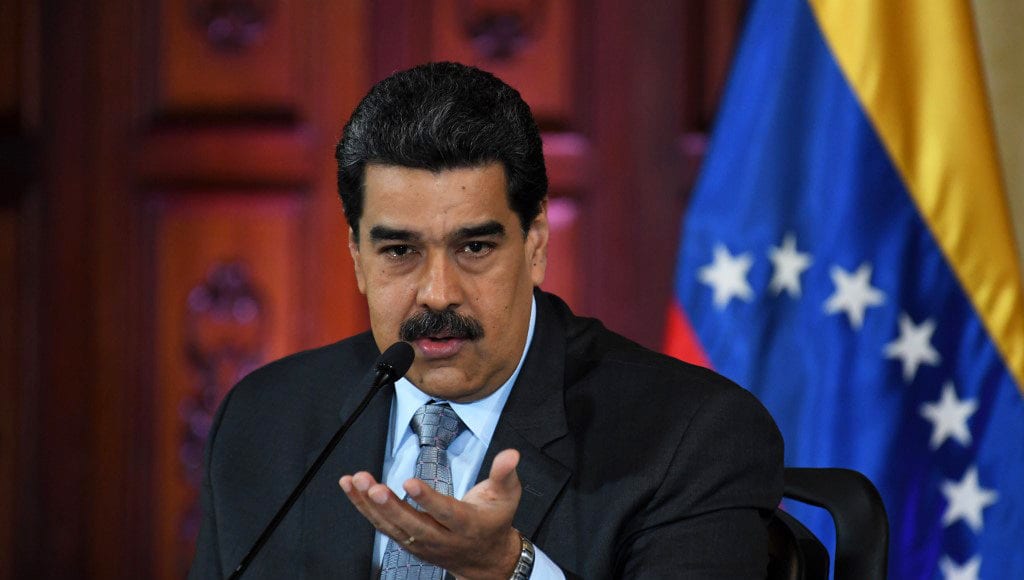Venezuela’s top court on Jan. 26 closed the door on key opposition candidates running against Nicolas Maduro for the presidency later this year. The Biden administration, in turn, reimposed the sanctions it had eased in a push for free and fair elections in the South American nation.
U.S. State Dept. spokesman Matthew Miller on Jan. 29 said the ban violates the Barbados agreement, signed to allow for a level playing field in the upcoming polls. In support of it, the U.S. had issued “General License 44”, allowing relief to Venezuela’s oil and gas sector.
“Absent progress between Maduro and his representatives and the opposition Unitary Platform, particularly on allowing all presidential candidates to compete in this year’s election, the United States will not renew the license when it expires on April 18, 2024,” Miller outlined. The U.S. revoked General License 43 – which authorized transactions involving Minerven – the Venezuelan state-owned gold mining company. U.S. entities were given 14 days to wind down any transactions authorized under that license.
One analyst had already predicted this.

David Goldwyn, President of Goldwyn Global Strategies LLC and former U.S. State Department’s special envoy for international energy affairs, had expressed reservations regarding Venezuela’s forthcoming elections, that they may not align with international standards for fairness. Goldwyn predicted a likelihood of certain sanctions being reinstated by January, starting possibly with reversing gold sales or trading debt instruments. He was not far off.
Goldwyn had said that oil-related sanctions might endure until further conditions are met, possibly indicating the Biden administration’s aim to maintain diplomatic credibility while nudging the Maduro regime towards compliance. Brian Nichols, the U.S. Assistant Secretary of State for Western Hemisphere Affairs, declared that “all options” were under consideration, including the annulment of licenses allowing the export of Venezuelan oil and gas should President Nicolas Maduro fail to demonstrate a commitment to fairer elections.
Maduro has until April to decide whether he will hold credible elections or face the wrath of more U.S. sanctions. It would be in his best interest to, since the ease of sanctions saw Venezuela’s economy slowly mending.
Condemnation of the ban poured in over the weekend.
The Organization of American States (OAS) General Secretariat on Jan. 28 said the move eliminates any possibility of a free election this year.
According to the OAS, the decision, along with the recent “prosecution and political imprisonment of opponents,” was evidence that the Maduro administration “had no intention of allowing” a clean election.
“This dictatorial logic of political persecution and violation of the political rights of citizens — absolutely foreseeable and to be expected given the background of the regime — once again eliminates for Venezuela the possibility of free, fair and transparent elections,” the OAS statement said.
The European Union (EU) also weighed in with concerns.
It said “Decisions intended to prevent members of the opposition from exercising their core political rights can only undermine democracy and the rule of law. The EU calls for the full implementation of the Barbados Agreement and the continuation of an inclusive dialogue process that can lead to fair and competitive elections in 2024.”
Machado is Maduro’s main opponent and appears to be his biggest threat to re-election.

Venezuela’s Controller General, Elvis Amoroso had banned her from public office in June due to her support for U.S. sanctions against Maduro’s regime. Despite the ban, Machado continued her campaign and won the opposition primaries in October last. However, Venezuela’s top court suspended the primary results and ratified bans on her and other opposition candidates, after Venezuela’s attorney general Tarek William Saab said his office was investigating the primary and members of its organizing commission for electoral violations, financial crimes and conspiracy.
But she has no intention of backing down from the election.
Machado posted to X (formerly Twitter) on Jan. 29: “I received the mandate of almost three million Venezuelans who exercised popular sovereignty. They cannot hold elections without me and those millions of Venezuelans that we represent.”




